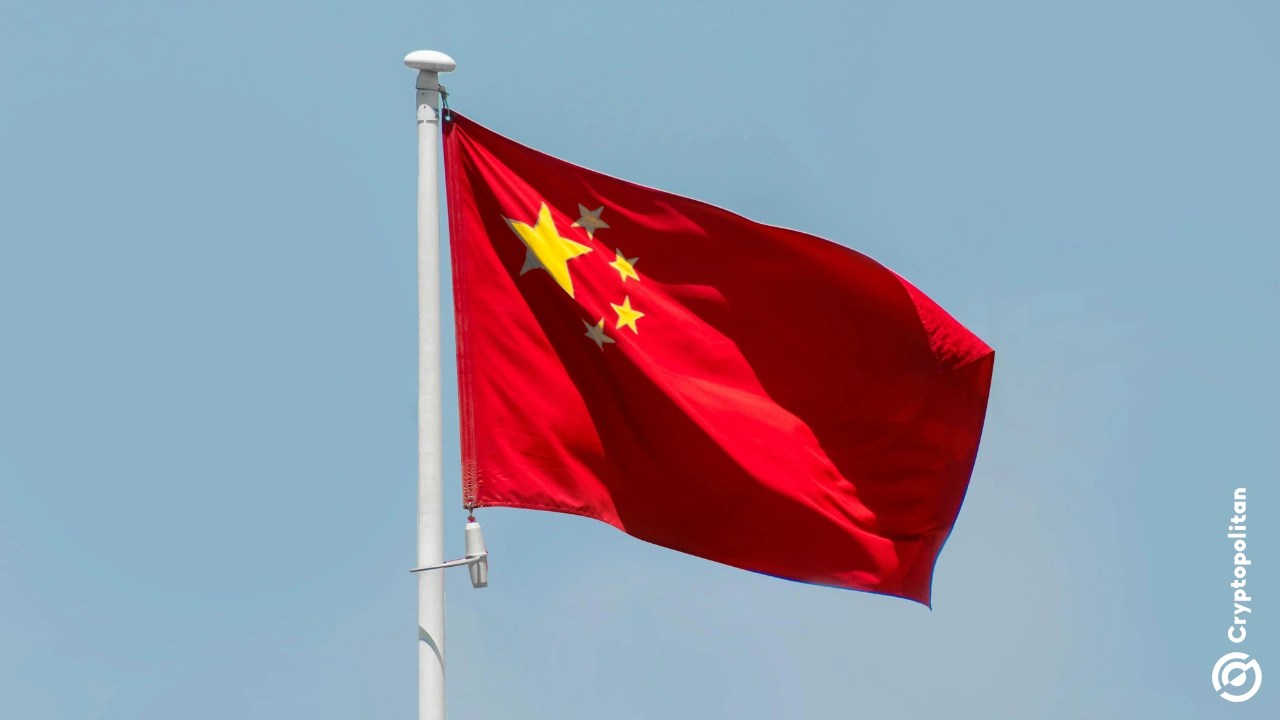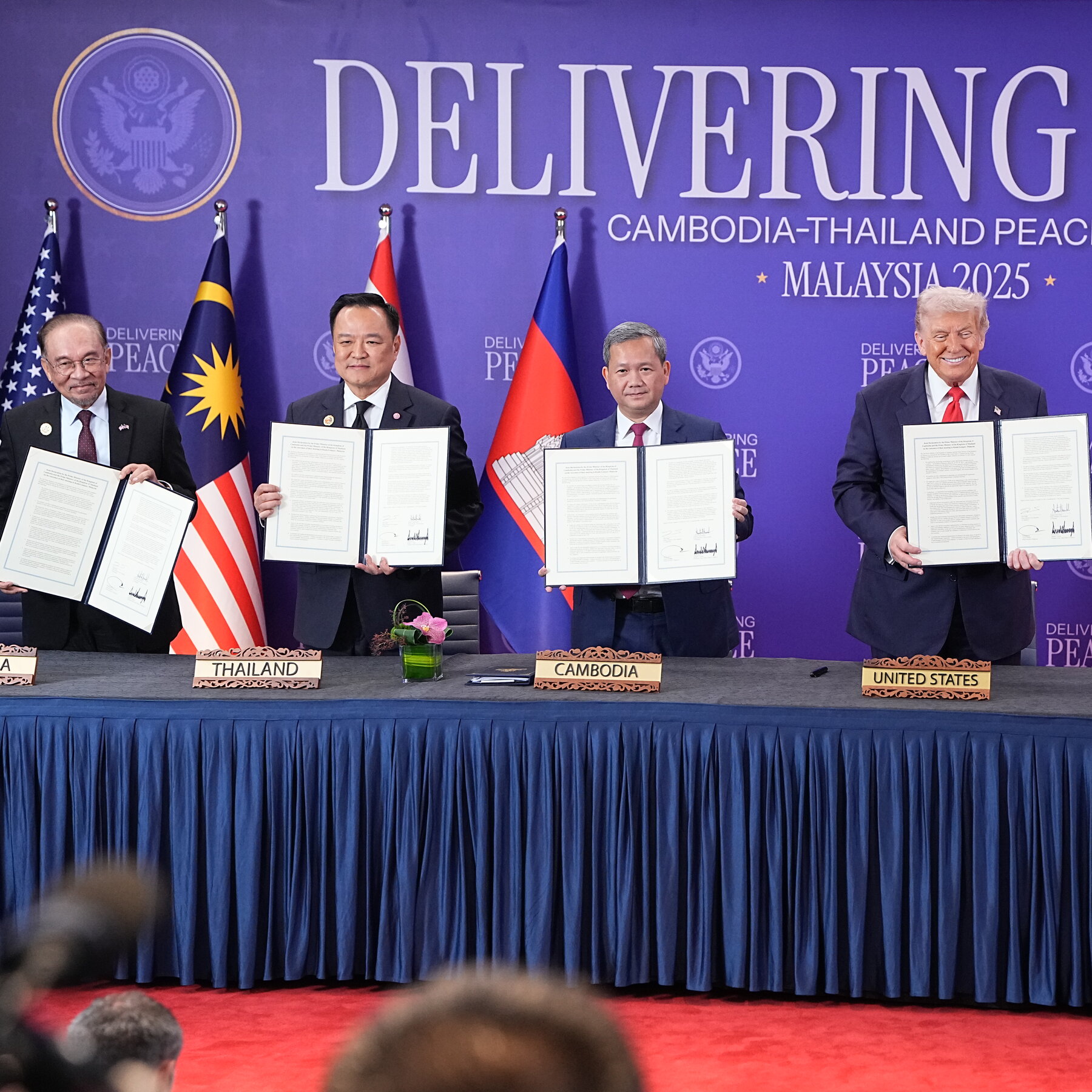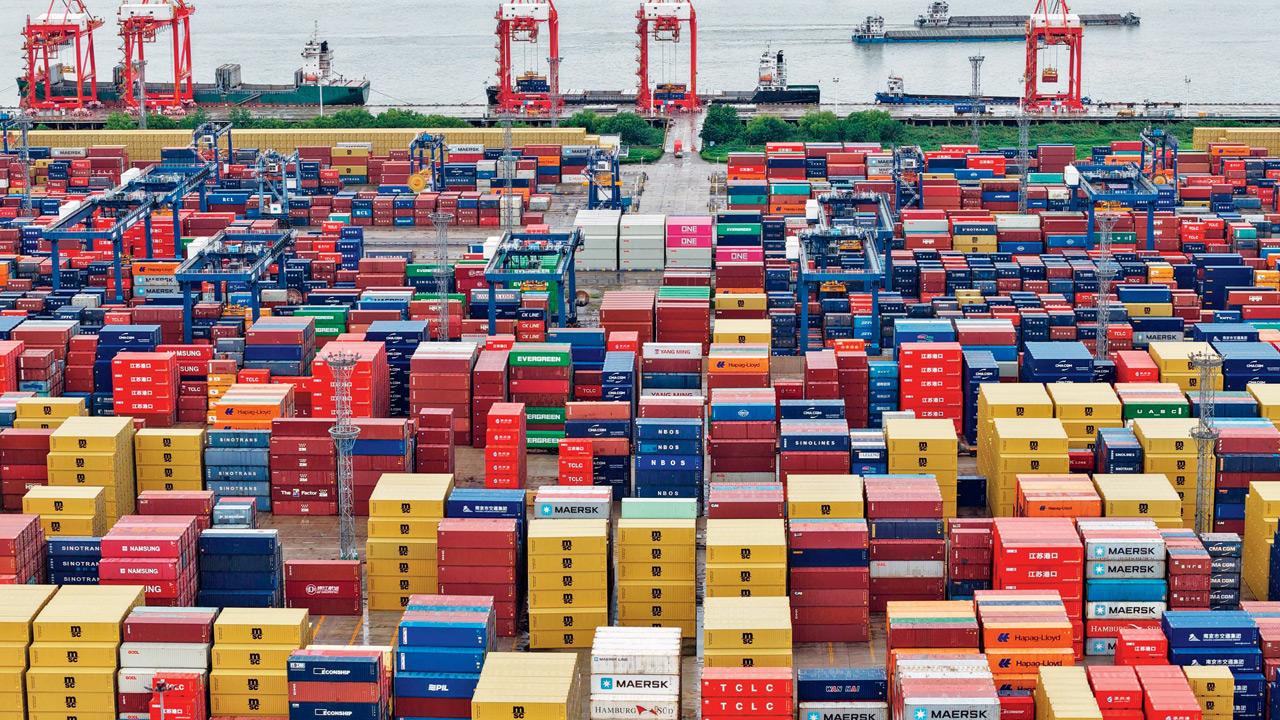Tellingly, the most senior of the nine officers axed on the 17th was General He Weidong, the second-ranked vice chairman of the Commission and Xi Jinping’s No. 1 loyalist in the PLA. The general had gained prominence as Xi’s top enforcer in the military. Gen. He was not the only officer who backed Xi and has now been taken out of the military’s leadership ranks. Moreover, it is difficult to identify any Xi adversary who was purged in the last 18 months. It is unlikely, at a time Xi Jinping appears to be fighting for political survival, that he would remove his most important supporter in the military. It is far more probable that Xi has lost control of the People’s Liberation Army, especially because the removals strengthen Gen. Zhang, Xi’s adversary. China, by Thursday, could have a new leader. Or a new round of purges. On October 17, China’s Ministry of National Defense announced that the Communist Party’s Central Committee and Central Military Commission had, after investigations, removed nine senior officers from their posts in the People’s Liberation Army. The stunning announcement occurred on the eve of the long-delayed Fourth Plenum of the Party’s 20th Central Committee, scheduled to start tomorrow, October 20, and continue for four days. On the agenda are crucial economic matters, including the country’s 15th Five-Year Plan, which covers the rest of the decade, 2026-2030.



